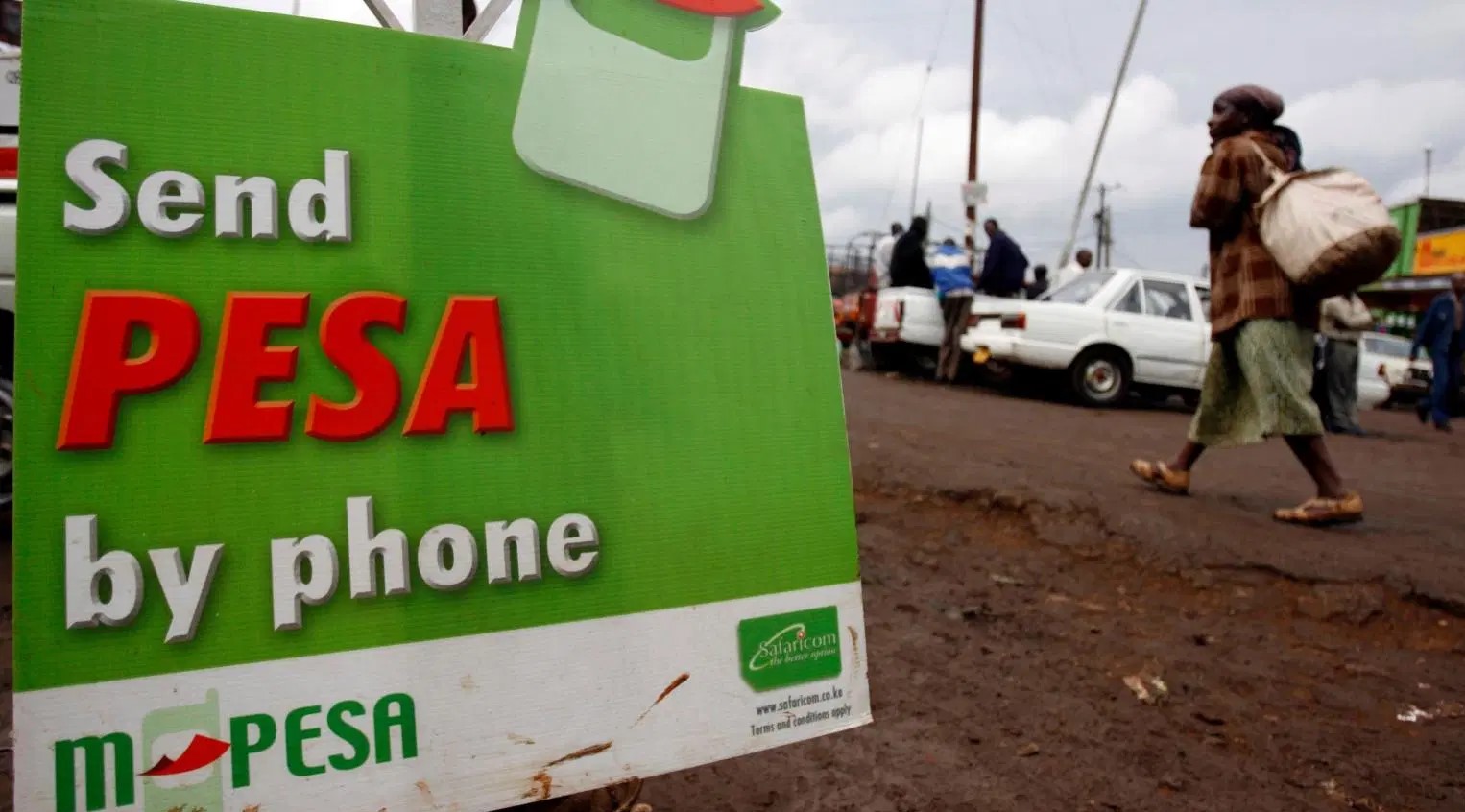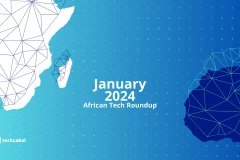For the next 90 days, person-to person mobile money transactions below Ksh. 1,000 ($9.67) on MPesa, the mobile money service owned by Safaricom, will incur no costs to Kenyan customers.
It is Safaricom’s response to a demand by the Kenyan government for companies to incentivise online transfers in the wake of COVID-19, the novel coronavirus disease.
After a Monday morning meeting between the Central Bank of Kenya (CBK) and Payment Service Providers (PSPs), a number of measures took effect from midnight March 16 to June 30, 2020.
Participants at the meeting agreed to increase the transaction limit for mobile money from Ksh. 70,000 to Ksh. 150,000 ($677 to $1451).
Safaricom is Kenya’s biggest mobile money operator by volume and value of transactions. It has about 75% of the market share in Kenya, with MPesa generating one-fourth of the $2.2 billion the company generated in revenue in 2018.
Other temporary changes announced by the CBK to to which Safaricom has agreed include increases in daily and monthly limits for transactions. “PSPs and commercial banks will eliminate charges for transfers between mobile money wallets and bank accounts,” the central bank said.
These are branded “emergency measures” whose immediate aims are to limit the spread of COVID-19 through the handling of banknotes.
It is in line with recent global mitigation measures. In China, ultraviolet light has been used to disinfect banknotes, South Korea recently took banknotes out of circulation, and the Louvre Museum in Paris isn’t accepting cash from visitors.
The World Health Organisation has no specific guide on avoiding cash as a coronavirus prevention measure. “There isn’t much evidence that quitting cash would make a difference at least in the case of COVID-19,” according to the MIT Technology Review.
However, Kenya’s central bank is taking advantage of the new pandemic to “reduce the use of cash in the economy over the medium term.”
Kenya’s first coronavirus case was confirmed on the 6th of March. Since then, the government of President Uhuru Kenyatta has suspended travel for all persons entering Kenya from countries with reported coronavirus cases. Schools have been asked to close indefinitely, and cash transactions are discouraged.
“We appeal to mobile operators and banks to take into consideration the situation, and reduce the cost of transactions during this period,” Kenyatta said in an address to Kenyans on Sunday.
Safaricom has led the way in answering Kenyatta’s request, but so has Airtel Kenya. The latter will waive transaction fees “across all bands.”
Both telecom companies pledged to work with the Kenyan government on a toll-free line for their customers to access information on COVID-19. Kenya is one of at least 27 countries to have so far identified cases of the virus, per the BBC.
Read: South African big tech companies feel the coronavirus burn





















